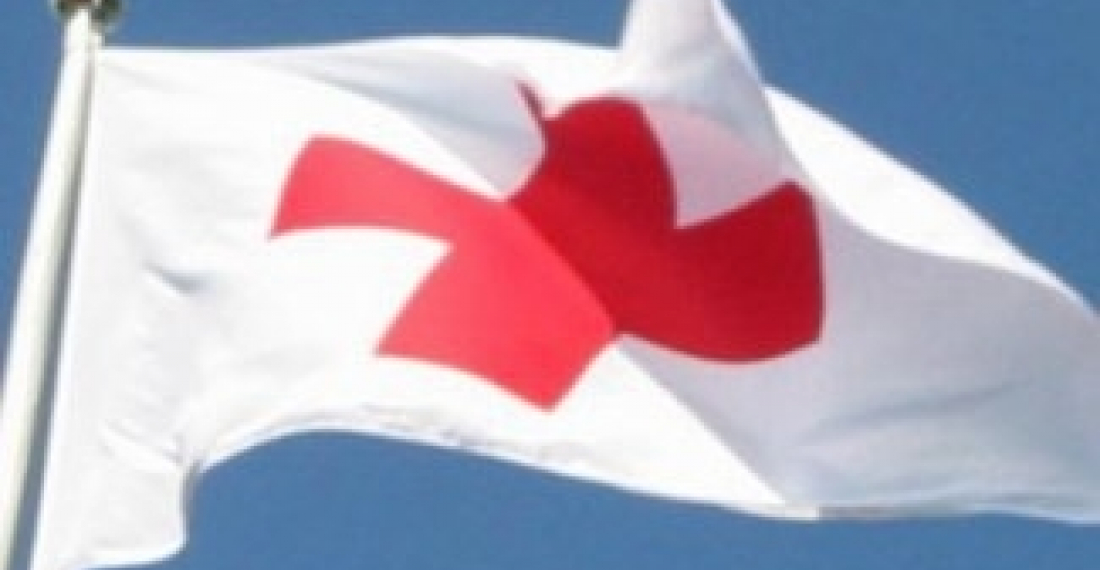Updated 11 July 2011
Over the last few days the Russian Foreign Minister Sergei Lavrov visited Yerevan and Baku with messages from the Russian leader Dimitri Medvedev about ways forward in the Karabakh conflict settlement process.
No information was released about the content of the messages, however Mediamax reports that Foreign Minister Lavrov released the following message on Twitter: “I delivered the message of Dmitry Medvedev to presidents of Armenia and Azerbaijan in Yerevan and Baku. The essence is- it’s time to come to agreement. We are waiting”.
It is also understood that the Russian side is trying to approximate the positions of the Armenian and Azerbaijani sides and to build a consensus for the next steps in the negotiations.
Lavrov is also expected to visit Washington in the next days where Karabakh will be on the agenda of his discussions with Secretary of State Hilary Clinton.
The international mediators are keen to try not to loose the momentum that existed before the Kazan meeting and to ensure that the peace process continues.
source: commonspace.eu newsroom; additional sources: Mediamax.am
picture: The Foreign Ministers of Russia, Armenia and Azerbaijan at a recent meeting







